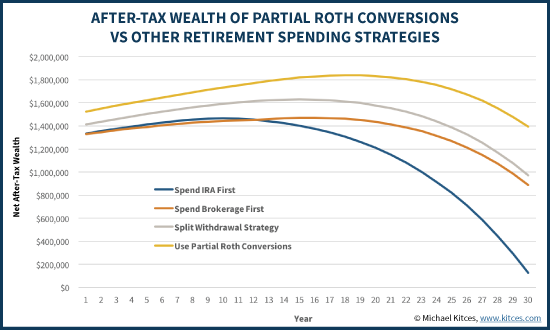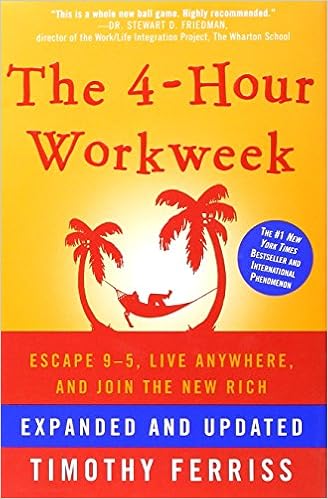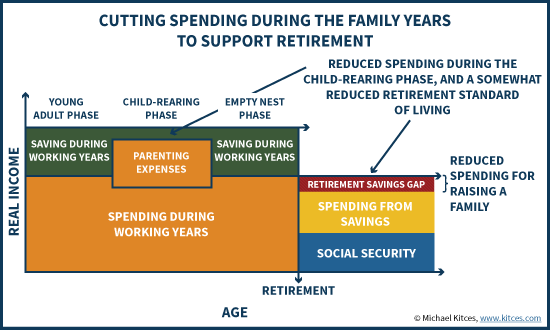I consume content in a variety of ways. However, I think about consuming content in a way that is much different from most people I know.
What content don’t I consume?
For anything that could broadly be called “news”, I spend exactly 0 seconds per day actively seeking it out. I trust that when something big happens, it’s going to bleed over into the other places where I am actively looking. If someone at work tells me something big happened, I check the uk.reuters website (note, I’m in America) and see if it made the front page. If it didn’t, I usually ignore it.
Where am I looking?
I primarily consume content through reading, same as your grandpa. However, unlike grandpa, I don’t thumb through the Wall Street Journal and the Times every morning. I have subscriptions to those places so that when I see a link I can get through the paywall, but papers are throwing a broad net and I want a specific subset of their content.
Okay, so how do I know what to read? Easy. I follow the blogs and websites of smart people. I read their posts, and as luck (just kidding) would have it, they are paying attention to the same kinds of things that I want to know about. I kill two birds with one stone, I get a take on the hot issues, and I get a link to the original source material, which I can decide to read (or not).

How do I know what to read?
Building my repository of smart websites is an ongoing process, and has certainly taken time and thought. I started with a list from someone I respected (the list was absolutely enormous) and after a few weeks started cutting the fat and adding my own flavor. I’m sure the list would be totally unrecognizable to the person who gave it to me now, but having a starting point was really nice. As a sidenote – there is a great trend of good bloggers (especially in economics) banding together under one website, making the process even easier.
I break my list into categories: financial planning, economics, investing, tax, miscellaneous, and a temporary area for blogs on probation before they get promoted to the big leagues (or sadly, as is usually the case, deleted). I also have a section for people I know in real life and (shoutout) Benedict Evans has his own category called ‘tech’ which will hopefully someday not be so lonely.
I keep the lists small enough that about half of the time I can read everything that looks interesting within a week of it being posted. Sometimes if life gets in the way I end up behind, in which case I read all of the posts from my favorite authors then mark everything else as read and start fresh. I do that at least once a month. Having a huge backlog is daunting.
So, I read a lot. I have no idea how to quantify it, but I probably spend an hour or two per day (~630AM and 930PM are pretty typical times) reading plus whatever I end up reading that’s related to my work. I’m a fast reader (400-500 wpm?) so I purposefully consume a lot of written word because it’s efficient for me.
Okay, where else?
My other major time commitment for taking in content is through podcasts (see bottom half of this post). Podcasts have been great resources for a long time, I think we’re really hitting a critical mass where there’s not enough time in the day to listen to all the podcasts for a given topic.
I recently (to my embarrassment) learned that I can listen to podcasts at 2x speed. I’m pretty sure I’m not losing much comprehension, but I guess we’ll see.
I listen to podcasts in basically the same areas as I read, but given the increased time commitment (one post takes 30s-10 minutes to read while a podcast always takes 30-60 minutes [half now, I guess]), I keep my rotation tight, 5-10 podcasts at any given time. Virtually all of the podcasts I listen to are of the ‘host interviews guest’ variety. If the guest is interesting enough, I’ll add their website to my reading rotation or look for other podcasts that they’ve been on.
Anywhere else?
I also follow most of the people I read (and some others) on twitter. Regardless of what a person normally tweets about, if something big happens (e.g., Prince dies, RIP) I’m going to see it. However, I just think it’s pretty fun to reply at people who are talking about things where I consider myself to have a pretty informed opinion. It’s a great outlet for opinions that my friends on facebook certainly couldn’t care less about.
I watch television mainly for sports and specific shows, but certainly don’t consider it a primary source. I have watched shows like Jon Stewart’s, Colbert’s, and Oliver’s, but typically find that they are just another funny take on things that the blogs/pods/twitter have been talking about for a week already.
What else is different?
- I read a lot.
- If it’s important, I will always try to find the source material.
- If it doesn’t have available source material (say, a study an article is based on is behind a $35 paywall [hilarious, by the way]), I give it close to 0 weight in my own personal Bayesian math.
- My bar for somebody who I want to follow is extremely high. Like 30 people in the world, and most people haven’t heard of more than 2 of them.
- The people I do follow, I read almost everything they put out.
- I skim a few ‘linkfest’ type posts, but only click about 10% and then close another 50% of those after the first paragraph.
- I read a lot.
- Most of the people I follow are deep into their specialty. I don’t follow a lot of expert-turned-commentators whose only recent contributions to thought are op-eds and often venture into areas where their expertise is outweighed by the fact that they are out of their depth.
Want posts directly in your inbox? Sign up below:
[newsletters_subscribe list=”1″]











